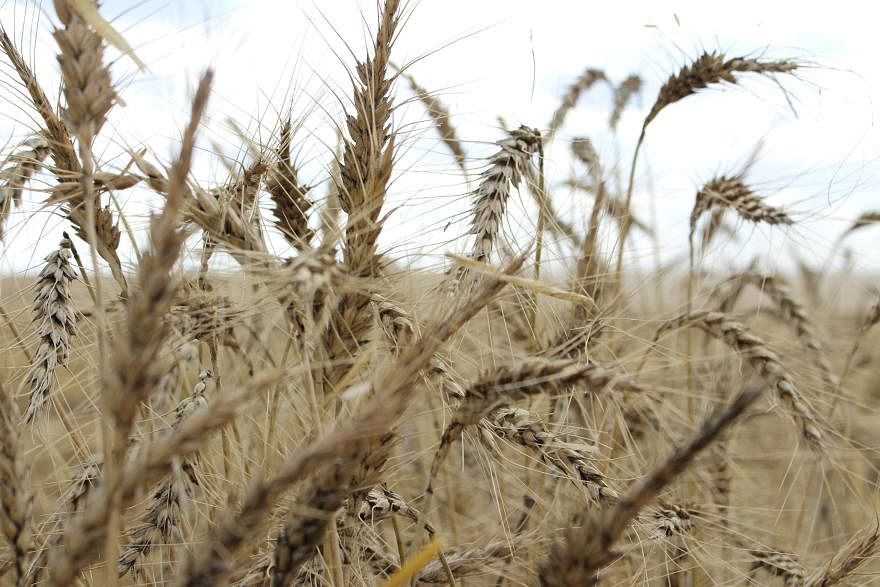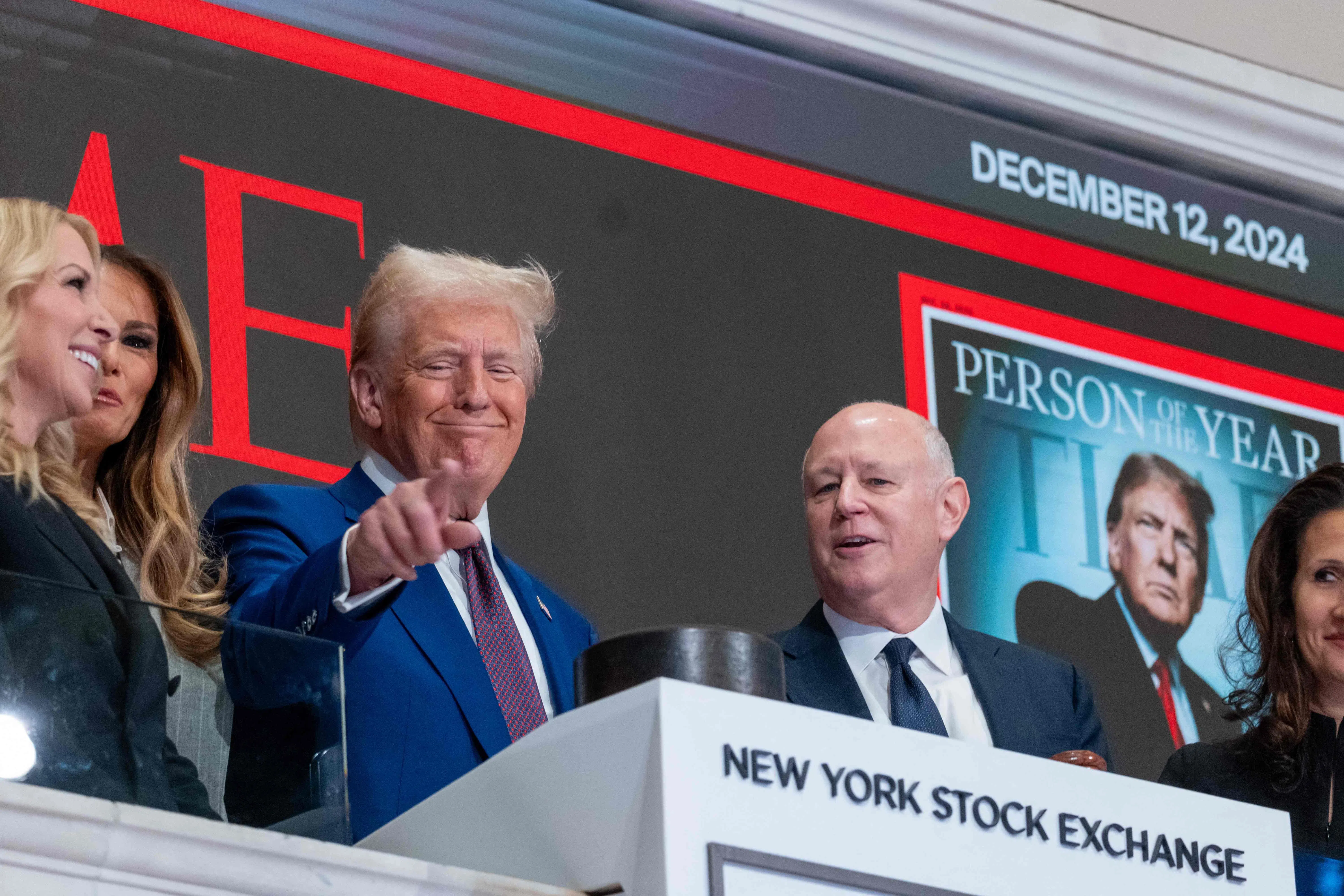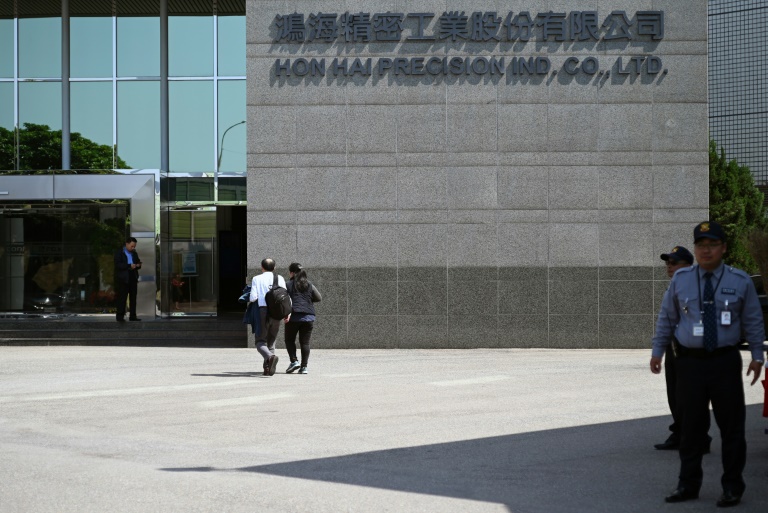CHINESE wheat importers have cancelled or postponed imports of about one million tonnes of Australian wheat cargoes, which were scheduled to be shipped in February, March and April, two trade sources with direct knowledge of the deals said.
A decline in world wheat prices to their lowest point in about three and a half years is prompting China, the world’s No 1 wheat buyer, to cancel shipments after large worldwide purchases late last year and in early 2024.
The US government reported the cancellation of more than 500,000 tonnes of US wheat exports to China since last week.
“Chinese buyers have cancelled some deals for Australian wheat, and they are also moving the shipping time from the first quarter to the second quarter, third quarter,” said one Singapore-based trader at an international trading company, which sells Australian wheat to Asia.
A second trader in Singapore said trading companies have vacated shipping slots across several Australian ports, which were booked for cargoes to be shipped to China. Both traders declined to be named because of the sensitivity of the matter.
Benchmark Chicago wheat futures have dropped more than 14 per cent in 2024 to their lowest since August 2020 thanks to the ample world supplies.
Russia, the No 1 exporter, is flooding the global market with cheap wheat as it draws down inventories ahead of an expected bumper harvest.
Refinitiv data shows benchmark Russian wheat export prices slipped below US$200 a tonne this week for the first time since August 2020, marking the lowest early March price since 2017.
Russia is projected to export a record 51 million tonnes of wheat in the crop year that ends on May 31, up from 47.5 million a year ago, the US Department of Agriculture (USDA) says.
One million tonnes of wheat would require about 15 Panamax-size vessels of 68,000 tonnes each to ship, and amounts to more than 4 per cent of Australia’s expected total wheat exports of 23 million tonnes in 2023 to 24.
“Some Chinese buyers who cancelled or postponed purchases are paying penalties in form of carrying cost to Australian suppliers,” the second trader said. REUTERS







